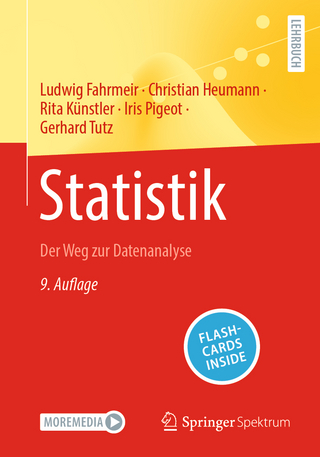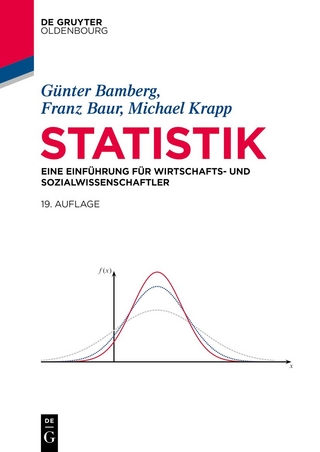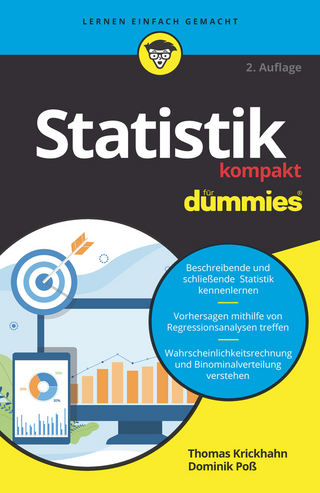
Statistical Design and Analysis of Experiments
Purdue University Press (Verlag)
978-1-61249-845-4 (ISBN)
Statistical Design and Analysis of Experiments embraces a holistic approach by building a solid foundation of the theoretical aspects followed by easily relatable numerical examples. Examples are first worked out manually and explained step-by-step, after which the statistical software Minitab is demonstrated throughout the textbook. This novel approach makes the textbook applicable to any undergraduate or graduate course in design of experiments (DOE) as well as a valuable resource in the hands of any experimenter.After a clear introduction, concepts of design and analysis of experiments are introduced. Utilizing practical examples, hypothesis testing and the concepts of Type-I errors, Type-II errors, and Power are clearly explained. ANOVA assumptions as well as tests of significance and the concept of point and interval estimates are discussed. Other topics include various types of experimental designs like trial and error or factorial designs, Yates algorithm, replication and reflection of designs, the concept of confounding, and design resolution. Manual calculations as well as software are used to fully analyze experimental data and to draw clear and meaningful conclusions. Response surface methodology and central composite design follow to optimize designs. The book concludes with the Taguchi method and its pitfalls, and the use of nonparametric or distribution-free statistics for when the ANOVA assumptions are not met.
Highly approachable and filled with practical examples, Statistical Design and Analysis of Experiments will teach students to conduct and analyze practical experiments, and draw meaningful conclusions based on a sound theoretical and statistical foundation. The textbook assumes no prior knowledge of statistics and does not rely on the use of calculus. A complete instructors' guide with PowerPoint slides and solutions to end-of-the-chapter questions is available for teachers who adopt the book.
Dr. Matthew P. Stephens is a professor in the School of Engineering Technology at Purdue University, where he conducts his research and teaches courses in total productive maintenance management (TPM), facilities planning, statistical quality control, and design of experiments (DOE). Professor Stephens holds undergraduate and graduate degrees from Southern Illinois University and the University of Arkansas, with specialization in operations management and statistics. Prior to joining academe, Dr. Stephens spent nine years with several manufacturing and business enterprises, including flatbed trailer and washer and dryer manufacturers. He also has been involved as a consultant with a number of major manufacturing companies. Professor Stephens is the author of Manufacturing Facilities Design and Material Handling, Sixth Edition, and Productivity and Reliability-Based Maintenance Management, Second Edition. He has numerous other publications to his credit in the areas of productivity and quality improvements and lean production systems. Dr. Stephens has served various professional organizations, including the Association of Technology, Management, and Applied Engineering (ATMAE), and the American Society for Quality, where he attained his training in CQE and Six Sigma.
| Erscheinungsdatum | 10.07.2024 |
|---|---|
| Verlagsort | West Lafayette |
| Sprache | englisch |
| Maße | 178 x 254 mm |
| Themenwelt | Mathematik / Informatik ► Mathematik ► Statistik |
| Technik | |
| ISBN-10 | 1-61249-845-0 / 1612498450 |
| ISBN-13 | 978-1-61249-845-4 / 9781612498454 |
| Zustand | Neuware |
| Haben Sie eine Frage zum Produkt? |
aus dem Bereich


